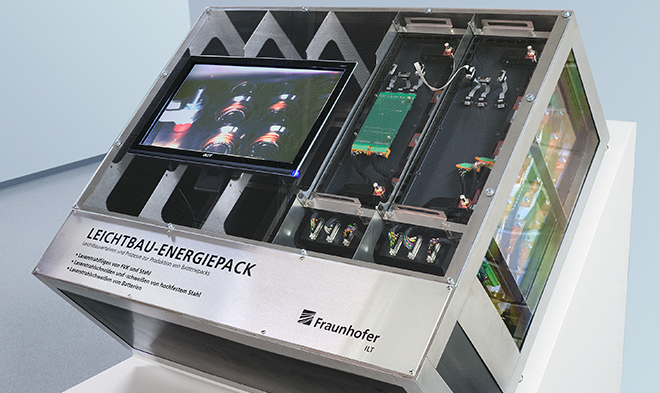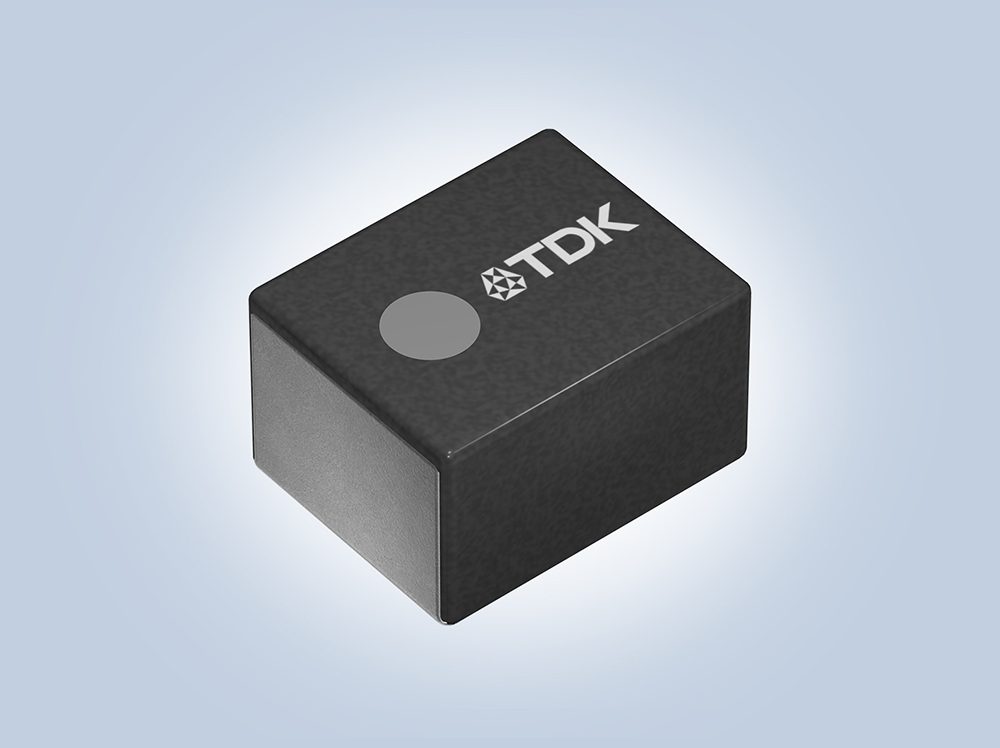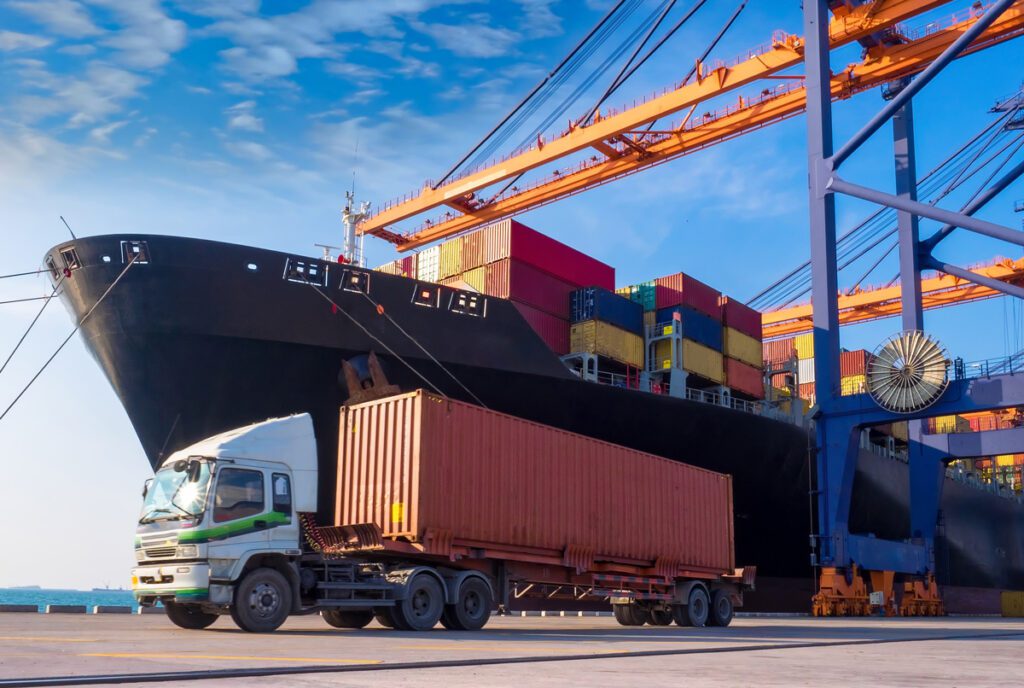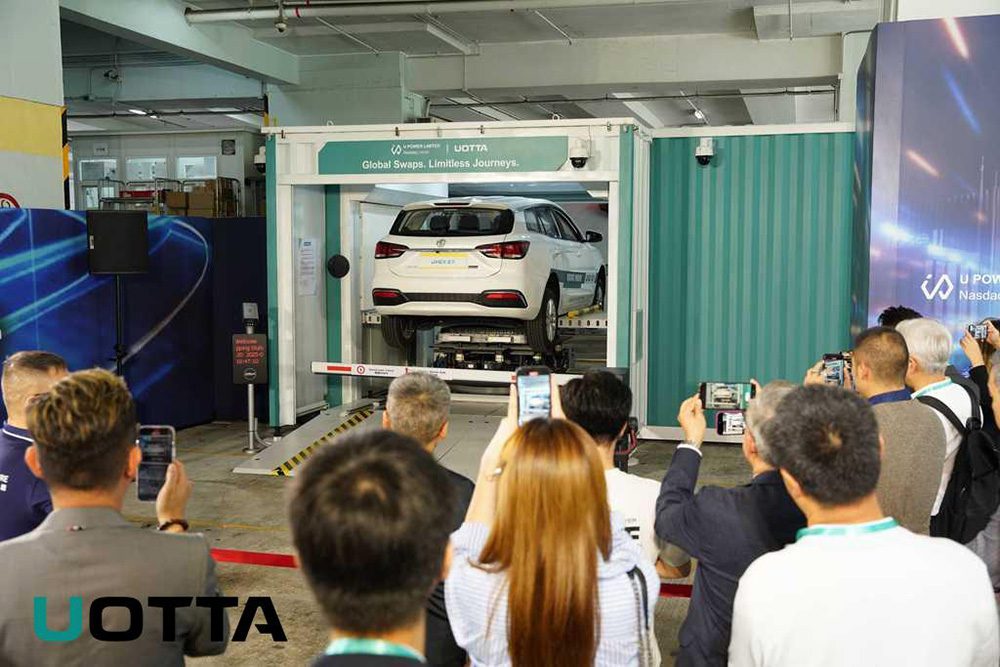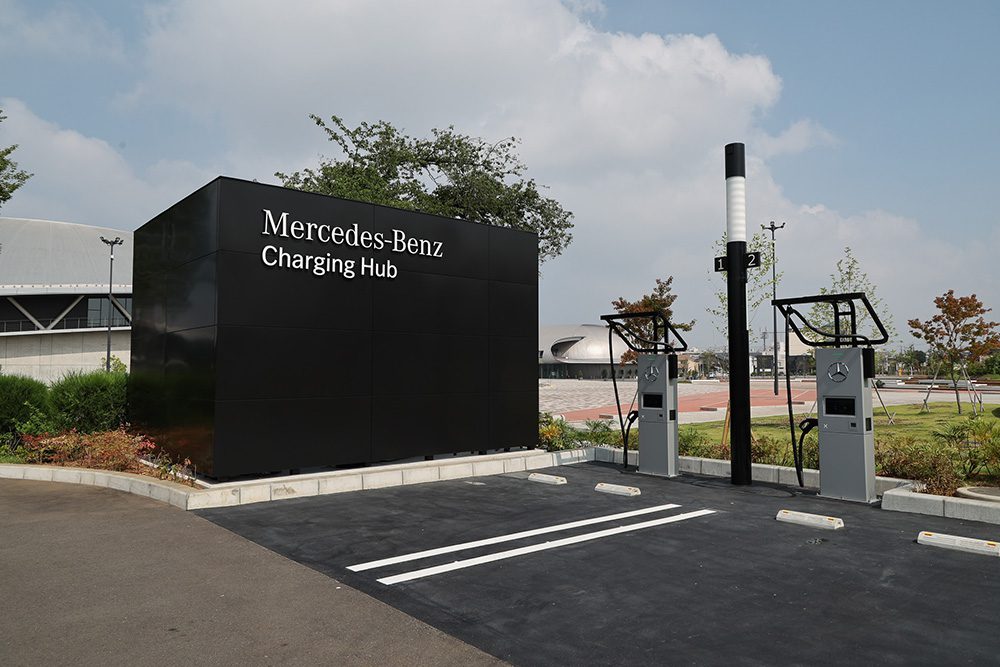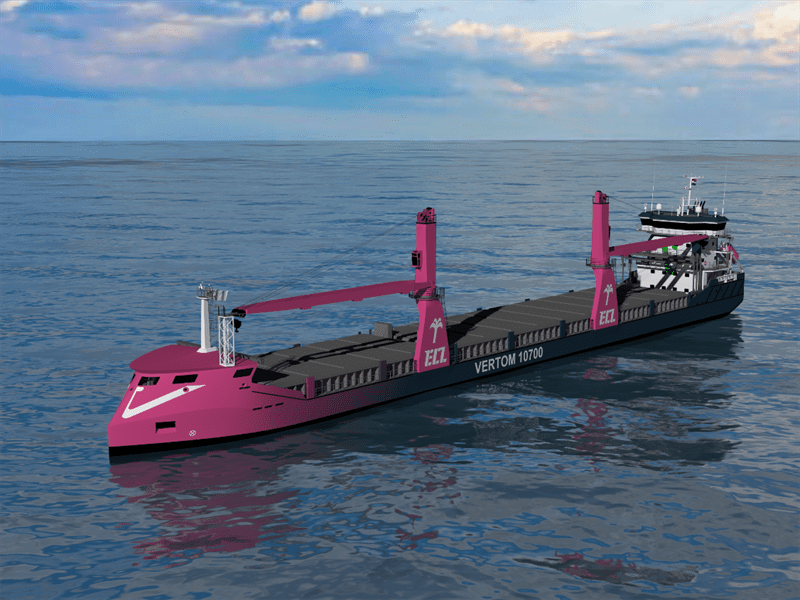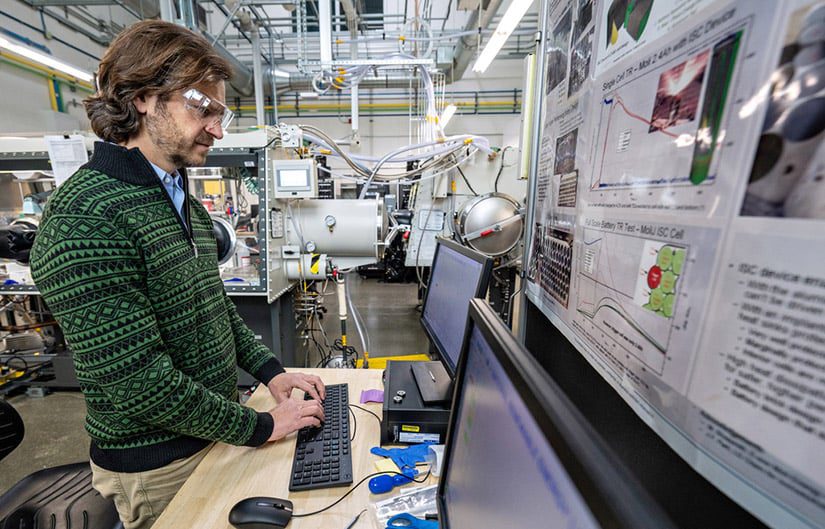Finland-based Outokumpu is working on lightweight stainless steel solutions for EVs in cooperation with Germany’s Fraunhofer Institute. Their latest innovation is a new battery pack that combines several lightweight engineering technologies as well as new types of cooling and structural strategies.
Because EV batteries are mainly installed in the underfloor area, their casings have high requirements in terms of hardness and crash safety, but they must be as lightweight and compact as possible.
Outokumpu says its Forta H1000 fully-austenitic stainless steel (a manganese-chromium alloy) enables structural lightweight engineering initiatives while providing a high level of safety, a combination that conventional materials such as aluminum and carbon steels cannot deliver.
“A high capacity for energy absorption and increased stiffness with thinner wall thicknesses are crucial characteristics for the development of future lightweight designs in automotive engineering,” said Outokumpu Senior Technical Manager Stefan Lindner. “The Forta H-series fulfills these requirements.”
“With Forta H1000, we were able to engineer a safer casing despite its leaner structure and thus save a considerable amount of weight,” said Paul Heinen of the Fraunhofer Institute. “Using 1.2 mm thick sheets instead of 1.5 mm wall thickness allows a weight reduction of about 20 percent.”
SEE ALSO: ORNL seeks US manufacturers to license new carbon fiber process
Source: Outokumpu via Green Car Congress







